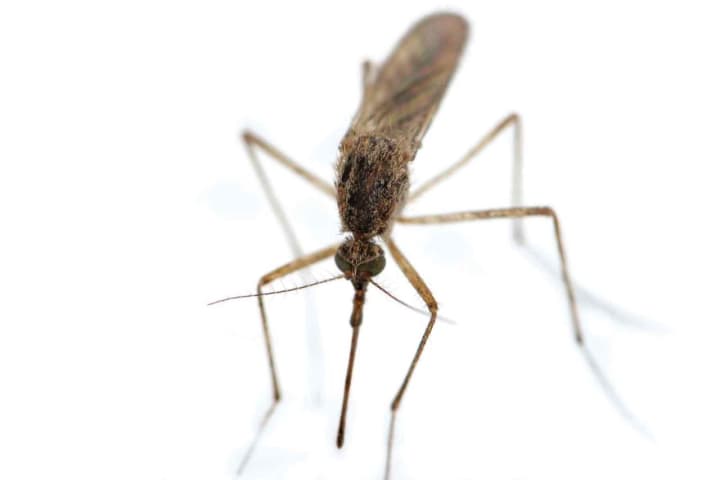The patient is over the age of 50 years and tested positive for the illness based on clinical symptoms and preliminary laboratory findings. The individual was hospitalized on August 29 and discharged from the hospital on Sept. 4.
"This human case of West Nile virus reinforces the urgency of the need for people to protect themselves against mosquito bites and to continue to check their property and get rid of standing water around their properties where mosquitoes breed," said Ruppert.
Though most mosquitoes are not infected with disease-causing viruses, a bite from an infected mosquito can spread West Nile virus, an infection that can cause serious illness, and in some cases, death. Although a person's chances of getting sick are small, those 50 and older are at highest risk for serious illness.
You can reduce the risk of being bitten in the following ways:
- Cover-up as completely as possible. Wear shoes and socks, long pants and a long-sleeved shirt when outdoors for long periods or when mosquitoes are more active.
- Use mosquito repellent, which should always be applied according to label directions. Do not use repellent on babies younger than 2 months old. Do not use products containing oil of lemon eucalyptus (OLE) or para-menthane-diol (PMD) on children younger than 3 years old.
- Cover baby carriers with mosquito netting when outside.
- Stay indoors when mosquitoes are more active.
- Close doors and make sure all windows and doors have screens, and that the screens do not have rips, tears or holes.
Most people who are infected with WNV will not show any symptoms. About 20 percent of the people who become infected will develop West Nile fever and have mild symptoms, including fever, headache and body aches, and occasionally a skin rash and swollen lymph glands.
The symptoms of severe infection (West Nile encephalitis or meningitis) can include headache, high fever, neck stiffness, muscle weakness, stupor, disorientation, tremors, convulsions, paralysis and coma.
About one in 150 people infected with WNV will develop the more severe form of the disease. Usually, symptoms occur from 3 to 14 days after being bitten by an infected mosquito.
There is no specific treatment for viral infections, other than to treat the symptoms and provide supportive care. If you think you have symptoms of West Nile virus, see your doctor right away.
Even the smallest amount of standing water can serve as a breeding site for mosquitoes. They lay eggs in these sites and their offspring "grow up" in water before emerging as adults that fly and bite. Take these steps to reduce mosquitoes around your home and yard:
As of Oct. 4, there have been 57 reported human cases of West Nile virus in New York State this season: Albany 2, Broome 1, Dutchess 1, Erie 1, Genessee 1, Livingston 1, Monroe 6, Nassau 6, NYC 28, Onondaga 2, Rensselear 1, Suffolk 4, Ulster 1, and Westchester 2.
For more information visit here or call the Health Department at 845-364-3173. More information about WNV is also available on the New York State Department of Health website.
Click here to follow Daily Voice North Rockland and receive free news updates.


